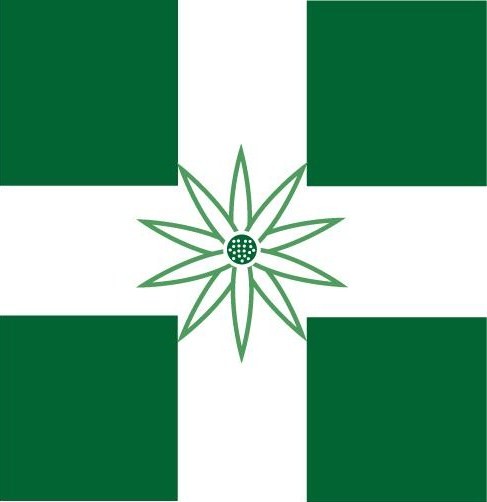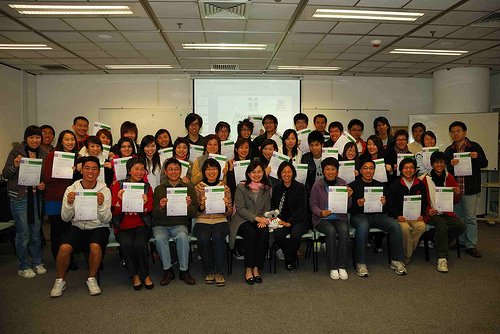The above is a famous directive reiterated by physicians throughout the world. It is a subtle reminder to all who assist, heal or help to help themselves first and make sure that they are ¡§able¡¨ before they can ¡§enable¡¨. The above quote resonated within me throughout the Mental Health First Aid Course conducted by SDS Counsellors. The course not only empowered me to assist those who have a mental health crisis but allowed me to identify possible risks to mental health. The course was not a course about being able to cure or becoming a doctor. But it assisted us to understand and empathise with those suffering from mental disorders. It took us through a journey of understanding by placing us in the shoes of those who actually suffer.
Becoming a Mental Health First Aider

SEASONAL CARE

By Ronald PANG (Residence Tutor, Hall 9)
Such a course is only useful if it is practical, and that was exactly what the course revolved around: practicality. As a group of serving Residence Tutors, we watched and practised what to do and when to do it. By no means did the course promise us that we would be fully fledged counsellors or psychologists. But by reiterating the main principle until it became second nature, the course imparted to us the ability to become a mental first aider.
What is a mental first aider? A person who is able to assist, help or enable a person suffering from mental health disorders to understand and seek help when needed. We learnt how to identify, how to assist, and how to help. But the main thing we learnt was ALGEE, the approach taken by all mental health first aiders. It is an acronym that all who attended will remember for the rest of their careers. It means simply the steps taken to assist and advise those who are suffering from mental health and serve as a reminder to all those who have successfully become mental health first aiders about how to help those in need.
I would like to thank those that who allowed me to attend such an educational course,
including SRO and the SDS Counsellors for organising the course for Residence Tutors.
Assess the risk of suicide
or harm.
Listen non-judgementally.
Give reassurance and information.
Encourage the person to get appropriate professional help.
Encourage self-help strategies.
